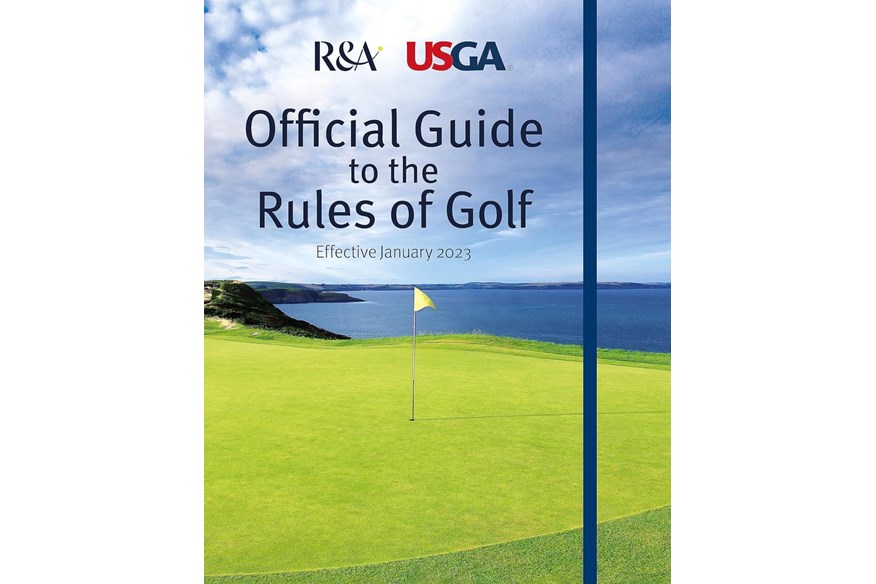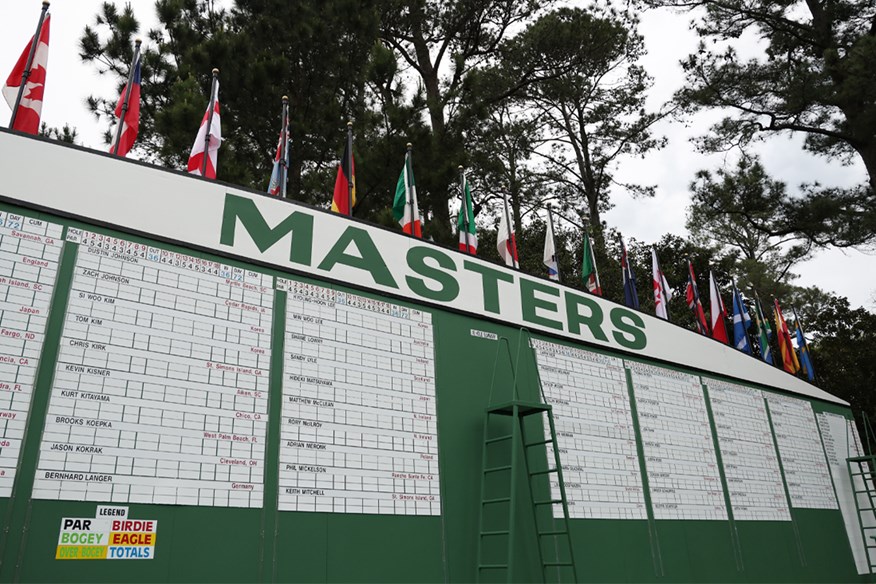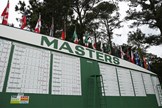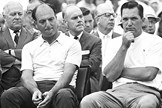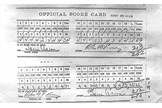A new golf rule has been introduced – and it would have changed who won the Masters
Last updated:
One recent golf rule tweak would have changed Masters history – and could save you competition heartache in the future.
Golf is hard. Imagine being good enough to qualify for the Masters, playing well enough to be in contention to win the Green Jacket, and then (literally) writing yourself out of it with a quick pencil stroke.
That’s exactly what happened to Roberto De Vicenzo in 1968. The Argentinean birdied the par-four 17th at Augusta during Sunday’s final round. By the end of play, he was tied with Bob Goalby on 11-under-par.
Except, he wasn’t. Because De Vicenzo’s playing partner, Tommy Aaron, had erroneously marked that birdie on the penultimate hole down as a par. De Vicenzo hadn’t noticed the mistake and therefore signed the scorecard. By the time anyone realized, it was too late. The score stood and De Vicenzo finished second by one shot – a shot he never took.
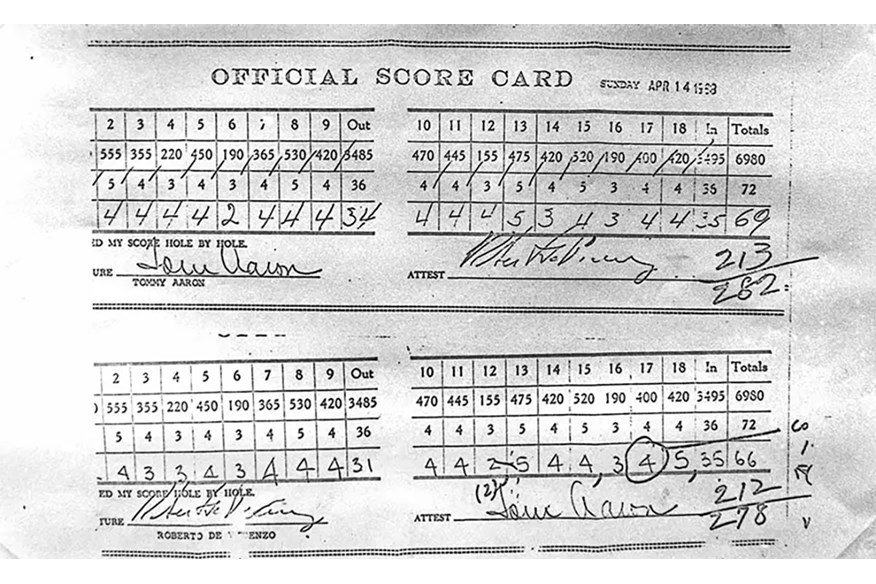
De Vicenzo had fallen foul of Rule 38-3, which stated: “A score higher than actually played must stand as returned.”
De Vicenzo was admirably diplomatic about the whole affair, saying: “This is my fault – nobody else’s. I have played golf for many, many years. I have signed many cards and none of them wrong. All I can say is what a stupid I am to be wrong in this wonderful tournament.”
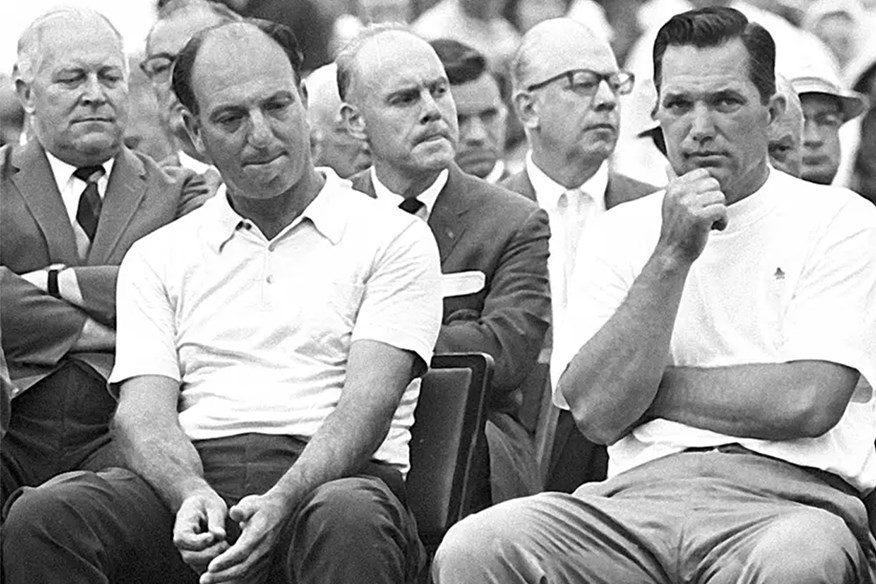
But the Masters scorecard debacle remains one of the most heartbreaking and controversial moments in Augusta and golf history.
And it’s not the only incident of its kind.
The most recent high-profile incident came in February 2024 when Jordan Spieth was disqualified from the Genesis Invitational for signing an incorrect scorecard. The three-time major champion – who is a member of the PGA Tour’s policy board – signed for a par three on the fourth hole at Riviera when he had, in fact, made bogey. Spieth later admitted he was in a rush because he needed to go to the bathroom.
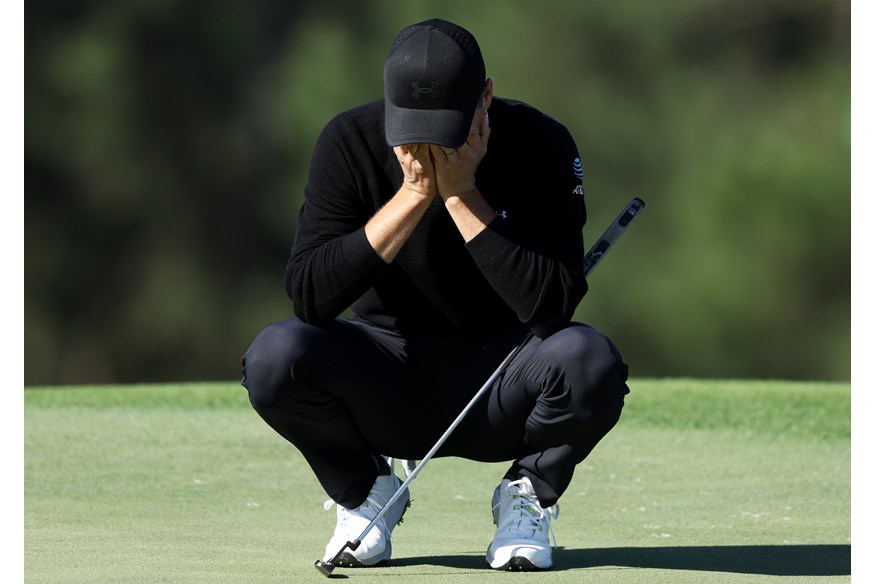
Changing the golf rules on signing incorrect scorecards
Now, though, anyone finding themselves in this situation should be able to return and correct any mistakes.
Following the Spieth incident, the PGA Tour worked with the USGA, the R&A, and the DP World Tour to amend the definition of “when a scorecard is returned” to minimize penalties or disqualifications related to scorecard errors.
They introduced a 15-minute window for players to correct an error on their scorecard, even if they had left the scoring area.
The amendment went into effect on the PGA Tour and DP World Tour in June 2024. Now, for 2025, further amendments have been made.
Section 5A(5) – When Scorecard Has Been Returned
The following guidance has been added to the Committee Procedures based on several organizations adopting various policies that use a duration of time to further define when a scorecard is returned.
These policies are not a change to the Rules of Golf, but clarify that the Committee or competition organizer has the option of adopting a time-based policy when specifying when the scorecard has been returned, that means that once this has occurred, the player may no longer make any changes to their scorecard (see Rule 3.3b(2)).
This new guidance has been added to Section 5A(5)a, which is the section that provides ways a Committee may specify when a scorecard is considered returned in stroke play and offers several options of how this can be done.
a. Specify When Scorecard is Considered Returned
- During 2024 the governing bodies confirmed that the Rules of Golf allow for a policy that uses a duration of time (such as 15 minutes) to define when a scorecard is returned.
- Such policies allow a player to return to the defined scoring area and correct a scorecard mistake within that duration of time, but do not change the requirement for the player to promptly proceed to the scoring area after they finish their round.
- When using such a policy, the Committee should determine both how much time is allowed as well as when it begins, such as when:
– the player left the defined scoring area,
– the group completed their last hole of the round, or
– the player’s scorecard was entered into an electronic scoring system. (Added January 2025)
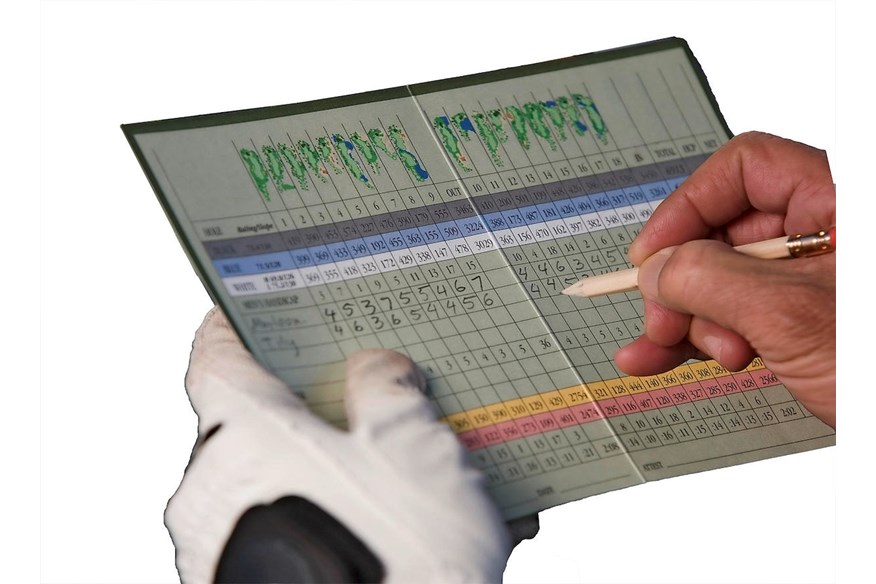
What does all of this mean for club golfers?
In essence, you might get away with signing for the wrong score, provided you realize your mistake pretty quickly. But that last line probably means that if you’ve entered your score into your club’s computer system, even if 15 minutes haven’t passed, you’re screwed. I’m sure that’s a relief to all competition organizers who would not relish the thought of having to amend scores that people have submitted.
But this rule change would have prevented one of the worst things I’ve ever seen unfold in a golf clubhouse.
After the conclusion of a women’s team competition, the participants were all gathered in the bar for results and prizegiving. It emerged that the winning team had made a mistake on their scorecard and were therefore disqualified. The competition organizer was preparing to award first prize to the team that actually finished second, making a joke about double-checking their scorecard, but then realized that team had also committed a crime of pencil. In the end, the team that had finished third were crowned victors, which probably gave them about as much satisfaction as finding a range ball in the rough when you’re looking for your Pro V1.
Rules are rules, I get that, but I’ve always thought there should be room for common sense to prevail and some leniency so innocent mistakes are not unduly punished. I’m glad to see this rule tweaked, though I’d still recommend double-checking your scorecard before submitting.
Don't want to get caught out during a round? This is a must for all club golfers!
